Ariadne on Naxos
Richard Strauss
Opera in one act with prologue
Libretto: Hugo von Hofmannsthal
World premiere: 25 October 1912, Hoftheater, Stuttgart; 4 October 1916, Hofoper, Vienna
Premiere of this production: 4 April 2025, Polish National Opera
Sung in the original German with Polish surtitles
A coproduction of the Polish National Opera and La Monnaie
Ariadne on Naxos was the third opera written by Richard Strauss together with librettist Hugon von Hofmannsthal. Their collaboration had started with the expressionist Elektra, followed two years later by a drastically different, Mozartian Der Rosenkavalier. Their next project drew heavily on literary inspirations. The one-act opera was meant to be shown at the end of Molièr’s Le Bourgeois gentilhomme, which Hofmannsthal had just translated into German. The version of Ariadne that prevailed to our times has a prologue setting the metatheatrical stage for the opera.
Strauss and Hofmannsthal employed the play within play convention. The audience peeks behind the scene of an opera production mounted at a wealthy Viennese household. A young composer does not handle the difficult spot he found himself in. Commissioned by a rich burgher as after dinner entertainment, his new work was meant to be a piece of opera seria to be followed by a performance by a commedia dellʼarte troupe. However, not to bore his guests and finish before the tightly scheduled firework display in the garden, the master of the house orders both performances to be given at the same time. Outraged by the idea, the composer refuses to make any changes to his work, yet finally yields to pressure from the wealthy patron. The composer is surrounded by the prima donna and the tenor, who are fighting for their parts in the opera not to be cut, and the comedienne Zerbinetta, who launched a charm offensive to convince the composer that she and her colleagues can improvise comedic bits in between the scenes. The preparations cause chaos at the backstage, prompting the composer to flee and not be a part of the artistic catastrophe.
The show commences: a miniature loosely based on the myth of Ariadne explored by multiple composers since Monteverdi combining elements of seriousness and humour. Stock characters known from 18th-century opera seria meet their commedia dell-arte counterparts. Abandoned by Theseus, Ariadne wakes up in a grotto on the island of Nexos surrounded by nymphs. The Harlequin and Zerbinetta try to cheer the devastated woman, but she seems deaf to their voices: she is obsessively thinking about death. The god Bacchus arrives unexpectedly and is smitten by Ariadne. The woman reciprocates his feelings and they enter the grotto together accompanied by the nymphs’ singing.
Ariadne is more than a skilled pastiche, although Strauss and Hofmannsthal do juggle well-known theatrical conventions. They managed to combine elements of seriousness and comedy, while offering the audience a tongue-in-cheek insider’s view of the world of opera plagued by artistic and financial challenges.
This is not Mariusz Treliński’s first Richard Strauss production. In 2014 he directed Salome, coproduced by the Polish National Opera and the National Theatre in Prague, while in 2023 his take on another Strauss and Hofmannsthal collaboration, The Woman without a Shadow triumphed at the Opéra National de Lyon. How will he approach this seemingly straightforward story?
Orchestra of the Polish National Opera, piano solo: Anna Marchwińska
dancers: Marek Bula, Michał Ciećka, Małgorzata Czyżowska, Monika Daukszo, Katarzyna Hołtra, Wojciech Kałuża, Katarzyna Koziorz, Jakub Piotrowicz, Hanna Sech, Jarema Serafin, Piotr Stanek, Maciej Sufa, Hanna Szurgot, Weronika Wołowicz
Cast
Credits
The baby doll used in Act 1 was originally designed by Boris Kudlička for the Polissh National Opera's production of Turandot.
Sponsors
-
Ministry of Culture and National Heritage of the Republic of Poland
-
Patrons of the Polish National Opera
Partners of the Opera Academy
-
Partners of the Polish National Opera
-
Media patron of the premiere
-
Media patrons





![[Translate to English:]](/fileadmin/import/media/img/SPEKTAKLE_KONCERTY/ariadna_na_naxos/Ariadna_Pod_Spektakl_1920x1600.jpg)
![[Translate to English:] Plakat: Adam Żebrowski [Translate to English:] Plakat: Adam Żebrowski](/fileadmin/_processed_/2/7/csm_Ariadna_Plakat_PREVKA_6a5838a7a7.jpg)
![[Translate to English:] [Translate to English:]](/fileadmin/_processed_/5/d/csm_ARIADNA_NA_NAXOS_-_trailer_6044cdb37d.png)
 Adam Venhaus
Adam Venhaus ![[Translate to English:]](/fileadmin/_processed_/d/8/csm_robert_gierlach_kwadrat_8b8a9ddcf2.jpg) Robert Gierlach
Robert Gierlach  Svetlina Stoyanova
Svetlina Stoyanova 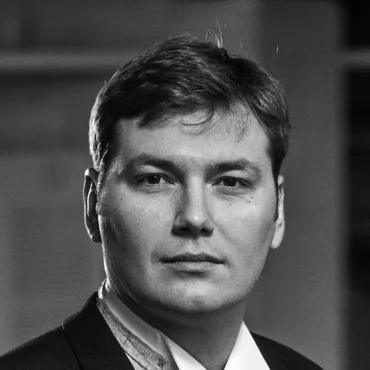 Rafał Bartmiński
Rafał Bartmiński ![[Translate to English:]](/fileadmin/_processed_/7/c/csm_bartosz_szwacinski_-_kwadrat_24118990e8.jpg) Bartosz Szwaciński
Bartosz Szwaciński  Mateusz Zajdel
Mateusz Zajdel ![[Translate to English:]](/fileadmin/_processed_/3/2/csm_Bartosz_Kieszkowski_kwadrat_3a29e6ee88.jpg) Bartosz Kieszkowski
Bartosz Kieszkowski  Dariusz Machej
Dariusz Machej 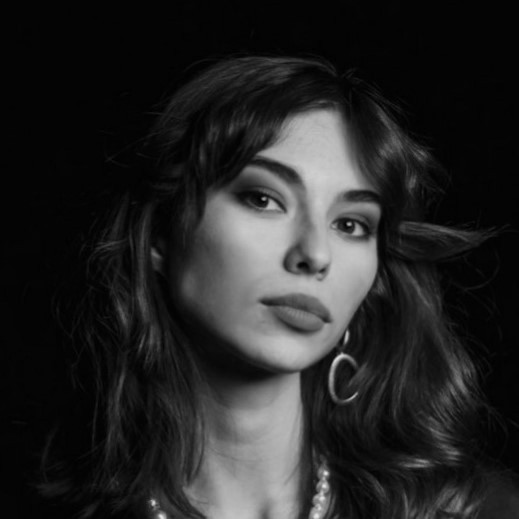 Katarzyna Drelich
Katarzyna Drelich  Nadja Stefanoff
Nadja Stefanoff  Mikołaj Trąbka
Mikołaj Trąbka 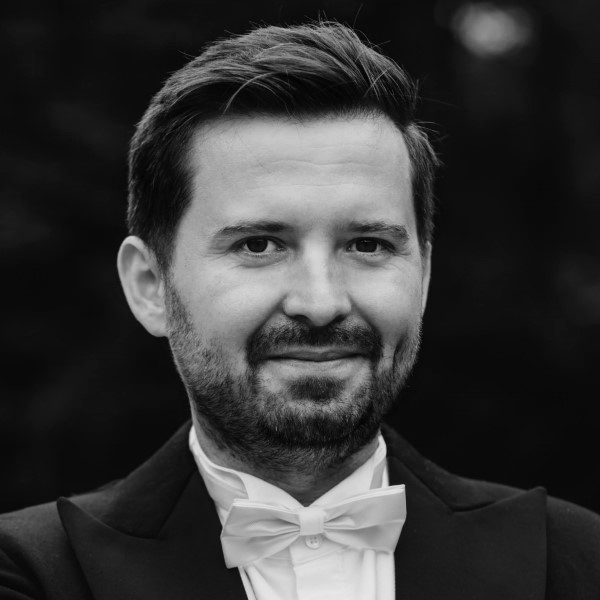 Emil Ławecki
Emil Ławecki ![[Translate to English:]](/fileadmin/_processed_/6/f/csm_remigiusz_lukomski_kwadrat_05aa478a8d.jpeg) Remigiusz Łukomski
Remigiusz Łukomski  Conny Thimander
Conny Thimander ![[Translate to English:]](/fileadmin/import/media/img/ludzie/spiewacy/Sylwia_Salamonska_kwadrat.jpg) Sylwia Salamońska
Sylwia Salamońska 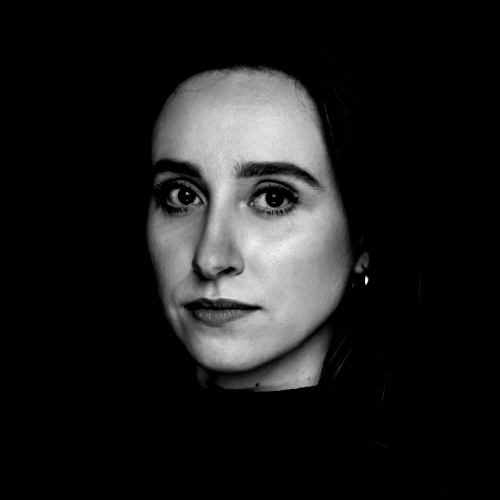 Magdalena Pluta
Magdalena Pluta  Adriana Ferfecka
Adriana Ferfecka  Lothar Koenigs
Lothar Koenigs  Mariusz Treliński
Mariusz Treliński  Fabien Lédé
Fabien Lédé  Marcin Cecko
Marcin Cecko  Julian Kutyła
Julian Kutyła  Marek Adamski
Marek Adamski ![[Translate to English:]](/fileadmin/_processed_/3/2/csm_Macko_Prusak_kwadrat_25_c079622de9.jpg) Maćko Prusak
Maćko Prusak ![[Translate to English:]](/fileadmin/_processed_/1/5/csm_piotr_stanek_-_kwadrat_0e90cec884.jpg) Piotr Stanek
Piotr Stanek  Marc Heinz
Marc Heinz  Jasper Nijholt
Jasper Nijholt  Bartek Macias
Bartek Macias  Waldemar Pokromski
Waldemar Pokromski  Wojciech Frycz
Wojciech Frycz ![[Translate to English:]](/fileadmin/import/media/img/ludzie/spiewacy/IZABELLA-KLOSINSKA370.jpg) Izabela Kłosińska
Izabela Kłosińska 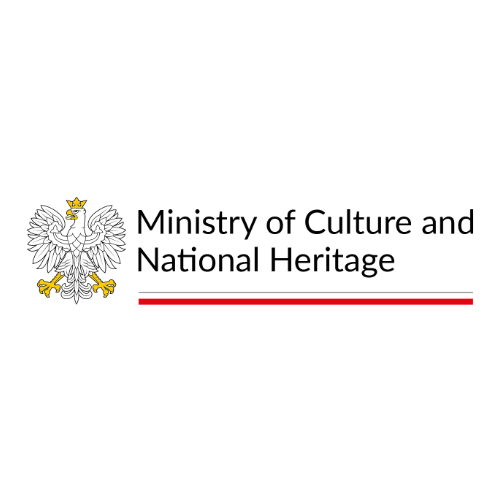










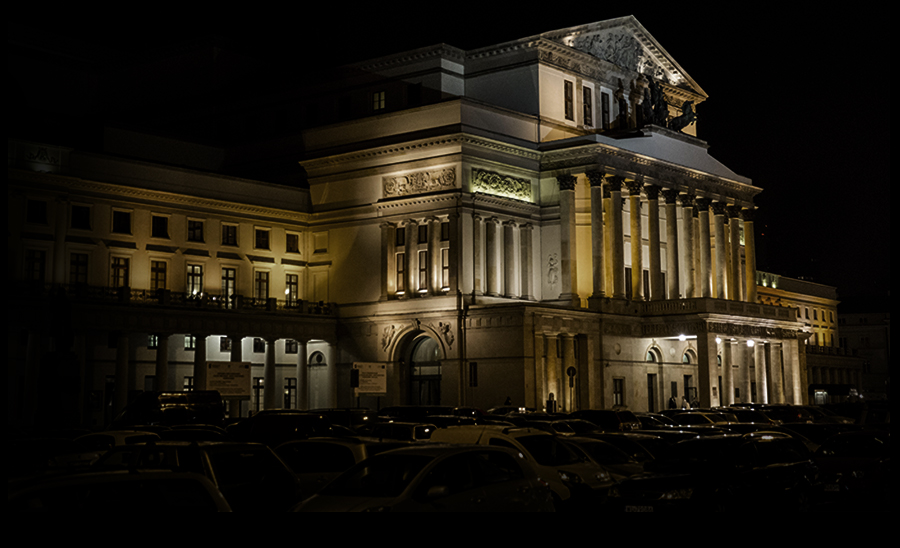 ''
''